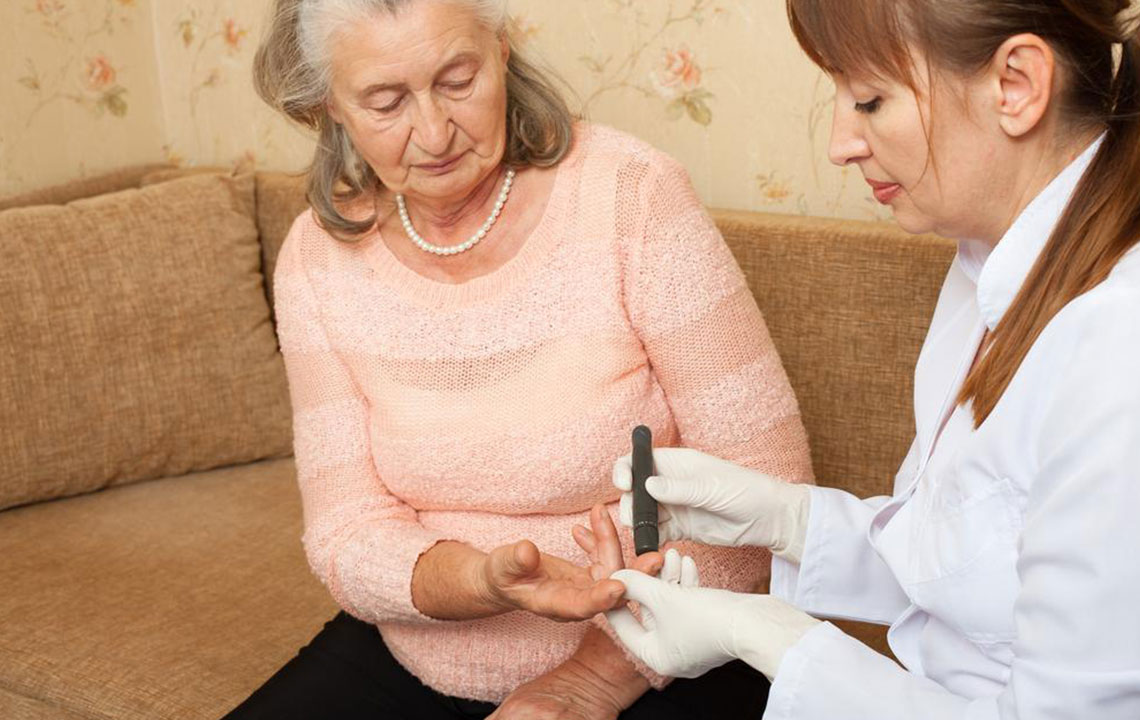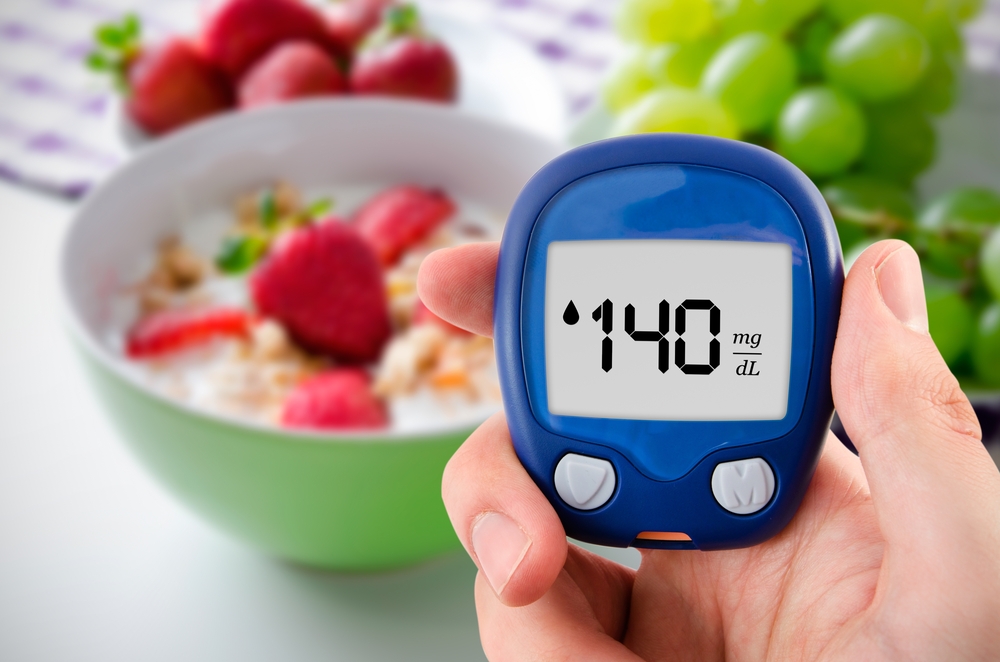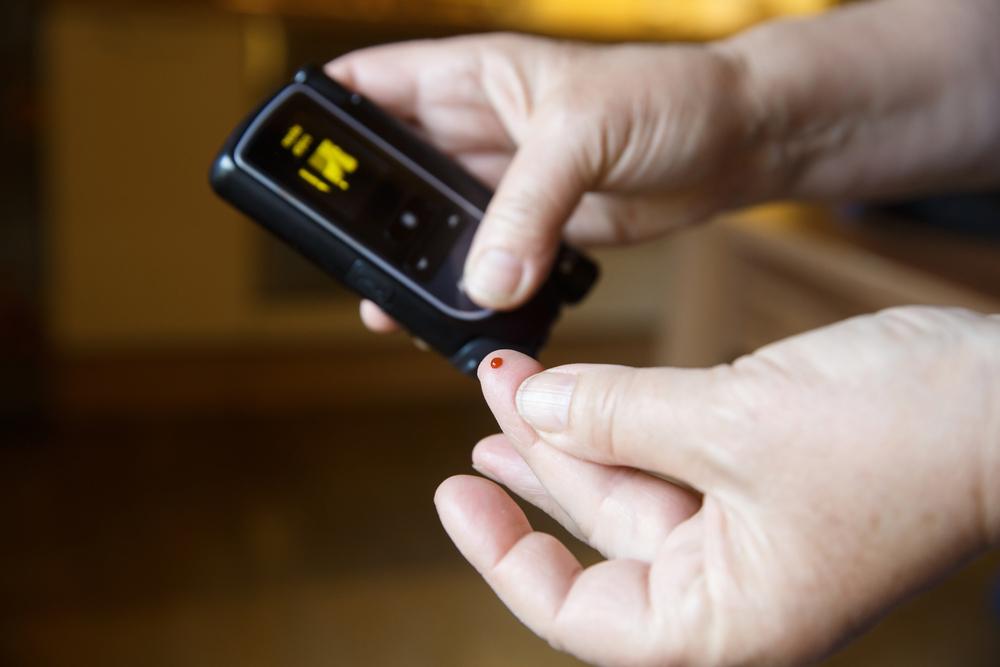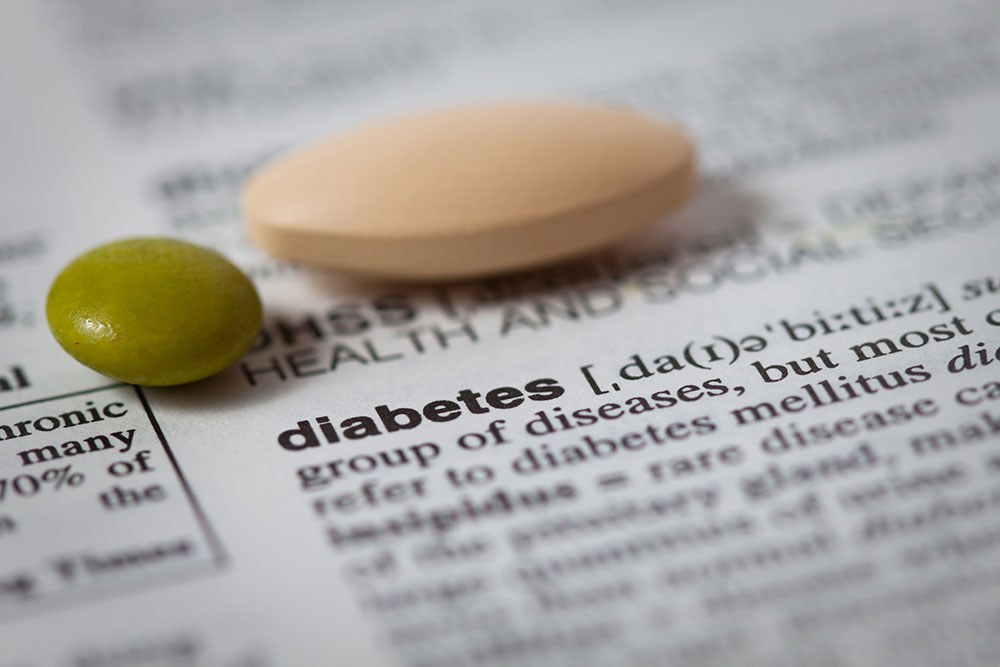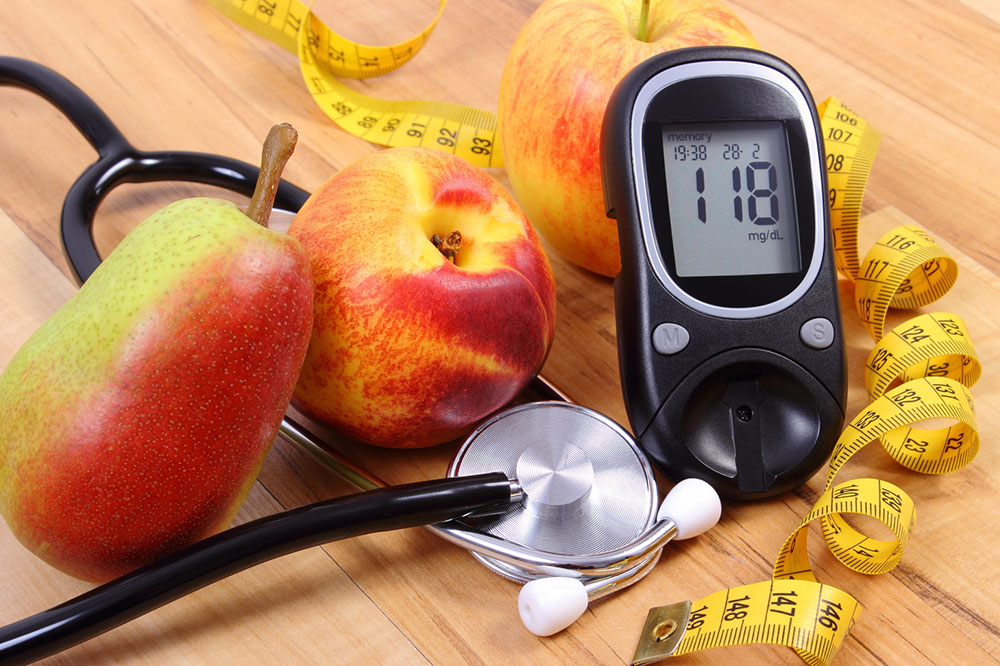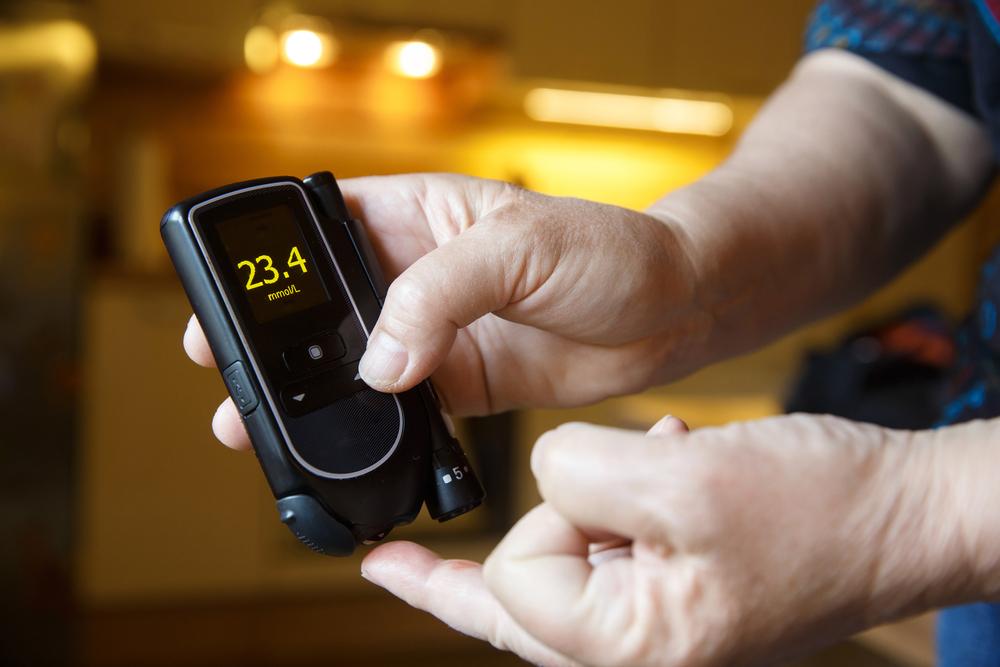Essential Insights into Diabetes and Its Management
This comprehensive guide covers the essentials of diabetes, including its types, diagnosis methods, and effective prevention strategies. It highlights lifestyle modifications such as diet, exercise, and avoiding smoking and processed foods to reduce the risk of developing or managing the disease successfully.
Sponsored
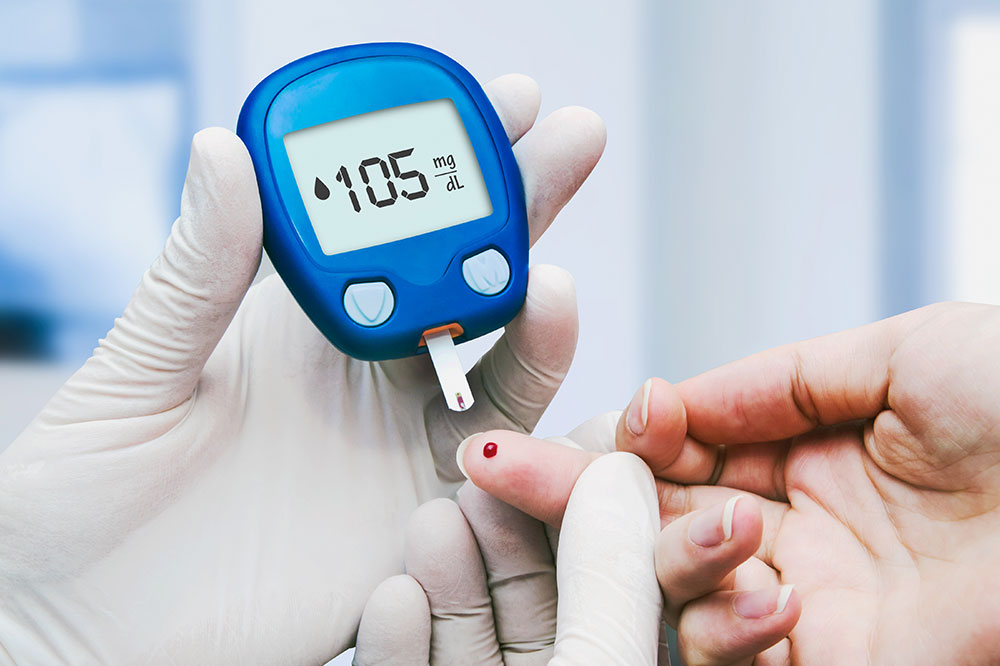
The pancreas plays a vital role in our body's health by producing insulin, which helps ferry glucose into our cells to generate energy. When the pancreas can't produce enough insulin, blood glucose levels rise, leading to diabetes, a condition that can cause vital organ damage over time.
Types of Diabetes
Diabetes primarily manifests in three forms:
Type 1 Diabetes
Commonly diagnosed in children and teens, though it can occur at any age. It results in decreased insulin production, necessitating daily injections to regulate blood sugar.
Type 2 Diabetes
Accounting for about 90% of all cases, this type primarily affects adults. It involves the body's inefficiency in using insulin properly, which can be managed through a healthy lifestyle and medications if necessary.
Gestational Diabetes
This form occurs during pregnancy when blood sugar rises, potentially affecting both mother and child. Usually resolving after birth, it increases the risk of future type-2 diabetes for both.
Diagnosis Methods
Detecting diabetes involves several medical tests:
Hemoglobin A1C Test
Measures average blood glucose over the past three months; levels over 6.5% typically indicate diabetes.
Random Blood Sugar Test
Checks blood sugar without fasting to identify high levels.
Oral Glucose Tolerance Test
Assesses blood sugar response after fasting and consuming a sugary drink.
Specific tests are available for diagnosing gestational diabetes, including an initial glucose challenge followed by a confirmatory test.
Preventive Strategies
While diabetes risk factors are numerous, lifestyle changes significantly lower the likelihood of developing type 2 diabetes. Reducing refined carb and sugar intake is crucial. Regular exercise helps control blood sugar effectively. Drinking plenty of water supports blood sugar regulation, and maintaining a healthy weight reduces risk. Quitting smoking and avoiding processed foods further lowers the chances of diabetes. Adopting these habits can help manage or prevent the disease effectively.

